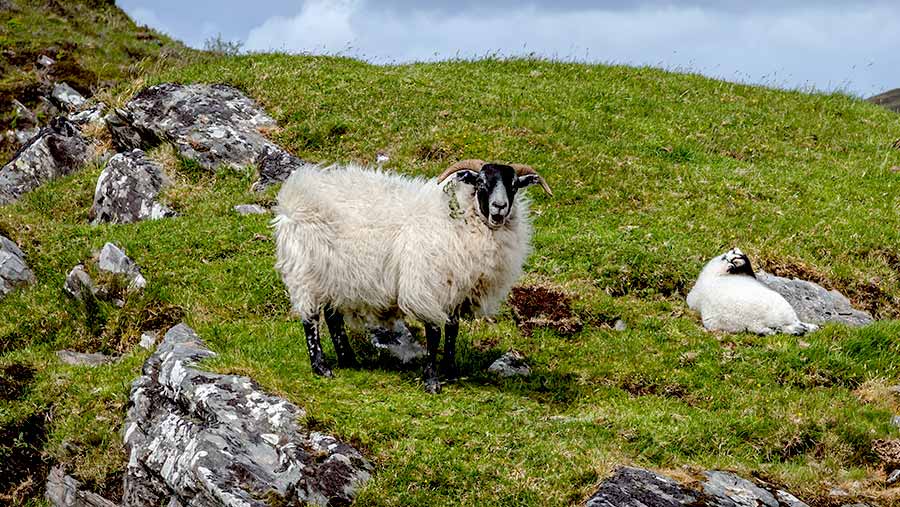Funding boost for Scottish organic farming and slurry upgrades
 © AdobeStock/philipbird123
© AdobeStock/philipbird123 Funding for a £14m agri-environment scheme in Scotland will be refocused on promoting organic farming and slurry storage improvements.
The next funding round of the the Scottish government’s Agri-Environment Climate Scheme (AECS) opens at the end of January.
The government announced that a previous AECS funding cap on areas farmed organically or in conversion had been suspended for the next round.
See also: Defra shelves bespoke soil health action plan for England
Removing that limit is a bid to help meet the government’s aim of doubling the land area under organic management by 2026, a spokesman said.
Also key in the next phase is a ramping up of support for slurry storage improvements. This will be bolstered by an additional £5m of funding for storage upgrades under the Agriculture Transformation Fund (ATF).
To simplify applications, the ATF support will be accessed using the AECS slurry storage option, the spokesman added.
Rural affairs secretary Mairi Gougeon said the extra support would help farmers meet new regulations on slurry and digestate management and reduce ammonia emissions.
However, while slurry management and organic farming are set to benefit, funding for previous options has been withdrawn.
The following options will not be available in the 2023 application round:
- Improving public access (IPA)
- Pond creation
- Muirburn and heather cutting
- Restoring drystone or flagstone dykes
- Bracken Treatment (mechanised and chemical)
- The option for Creation of Hedgerows will be limited to 500m/application.
Ms Gougeon announced the changes at an event unveiling previous beneficiaries of AECS funding.
A total of 680 projects drew on the £14m funding pot in the previous round, with cash used to improve soil quality, biodiversity and wildlife.
